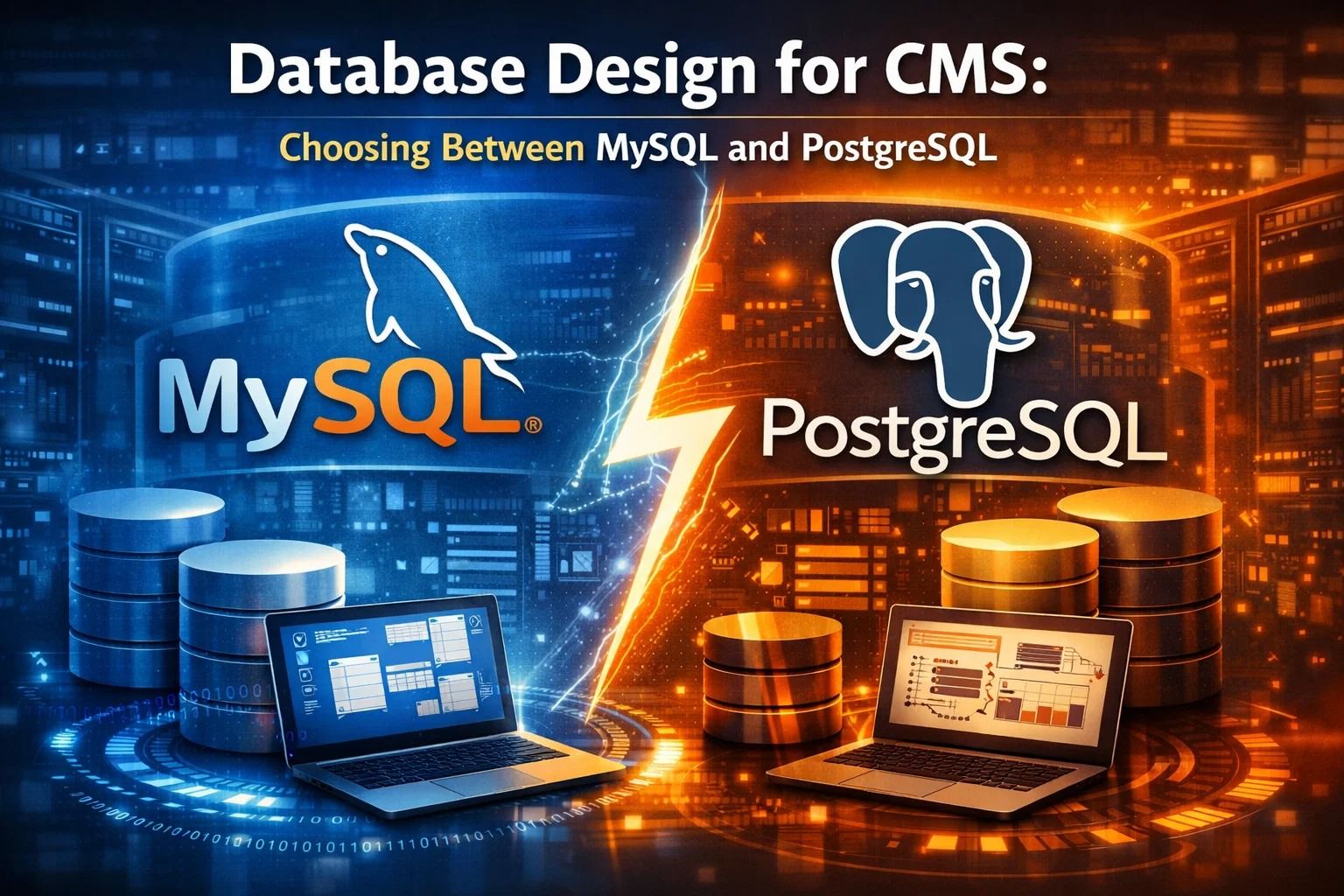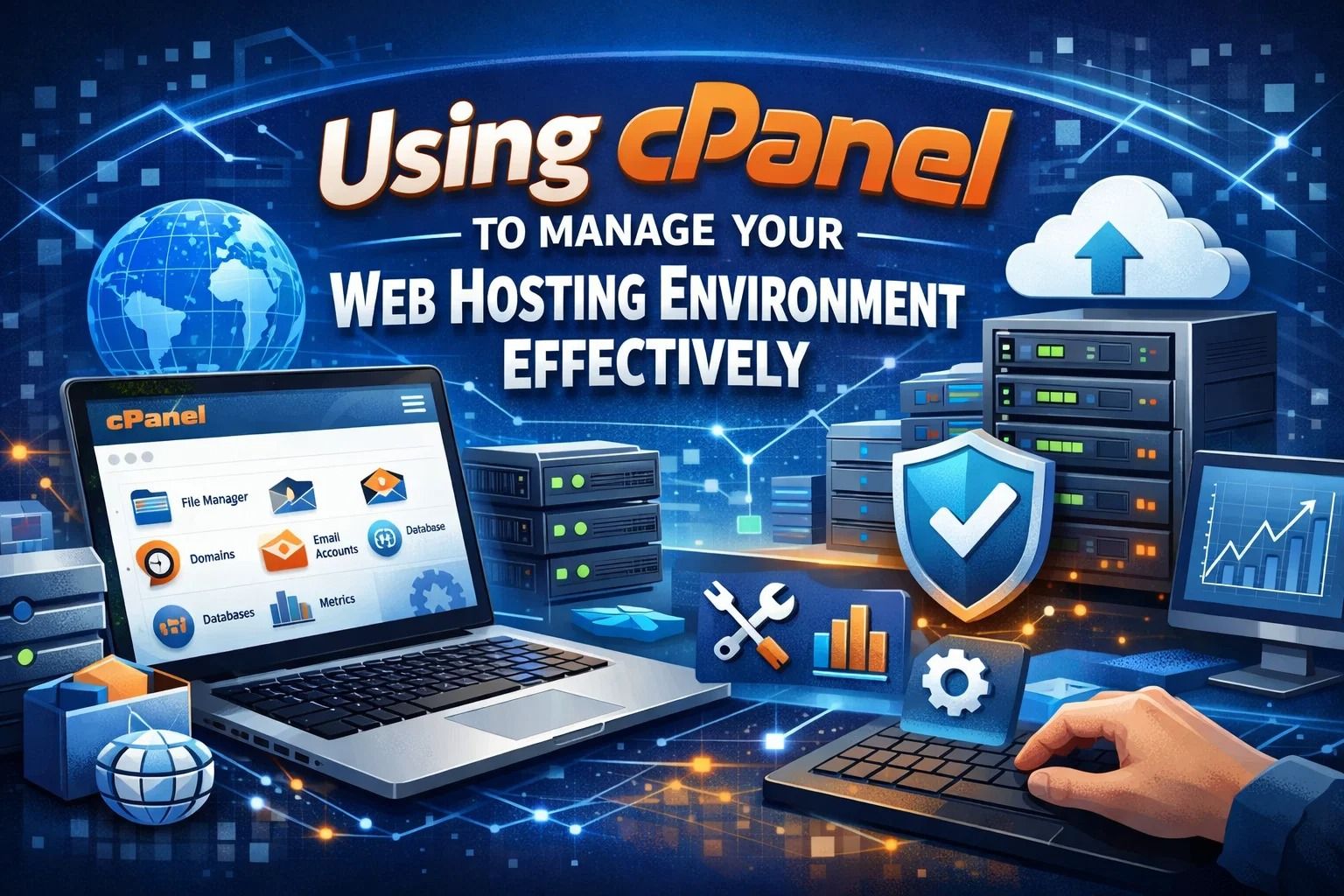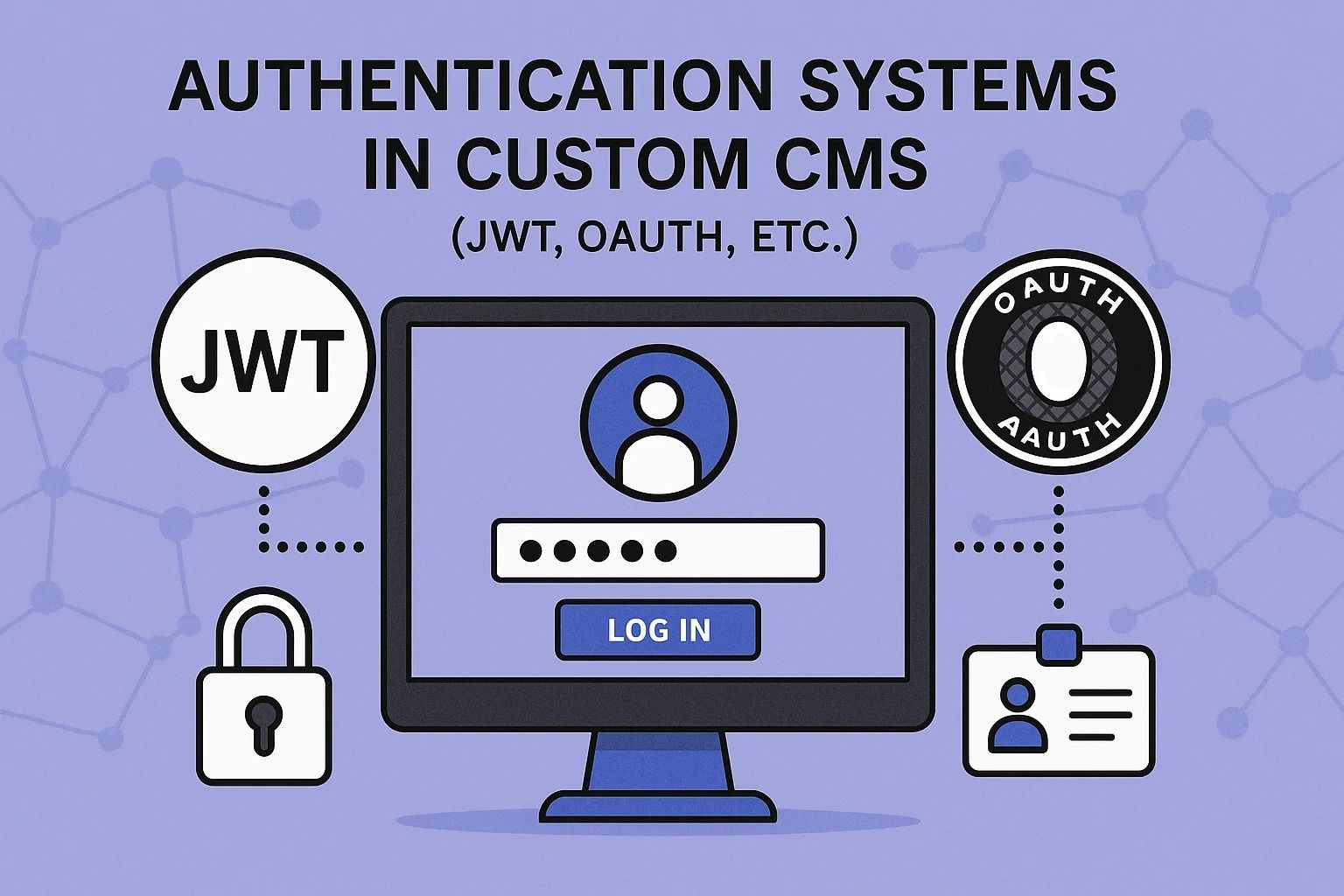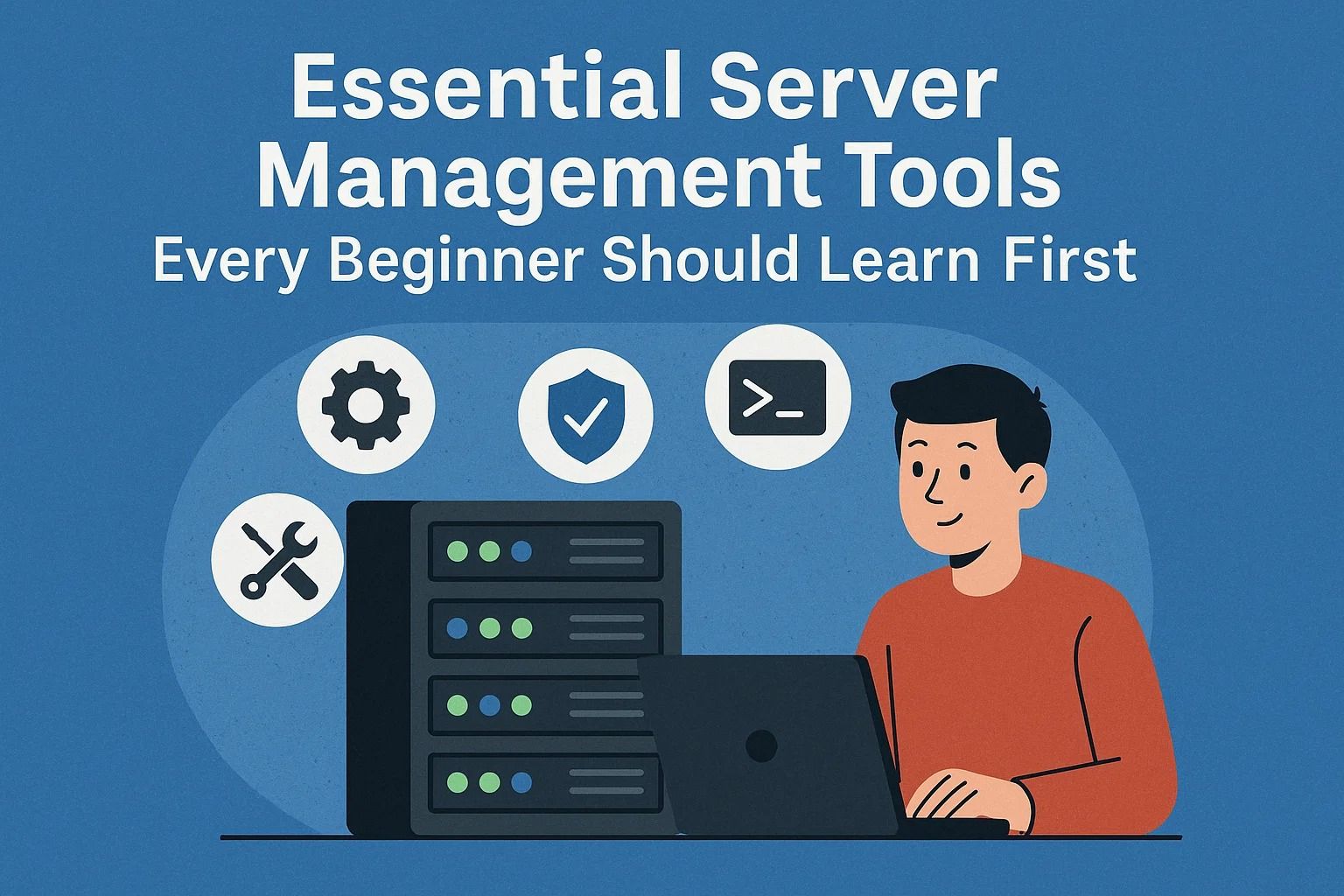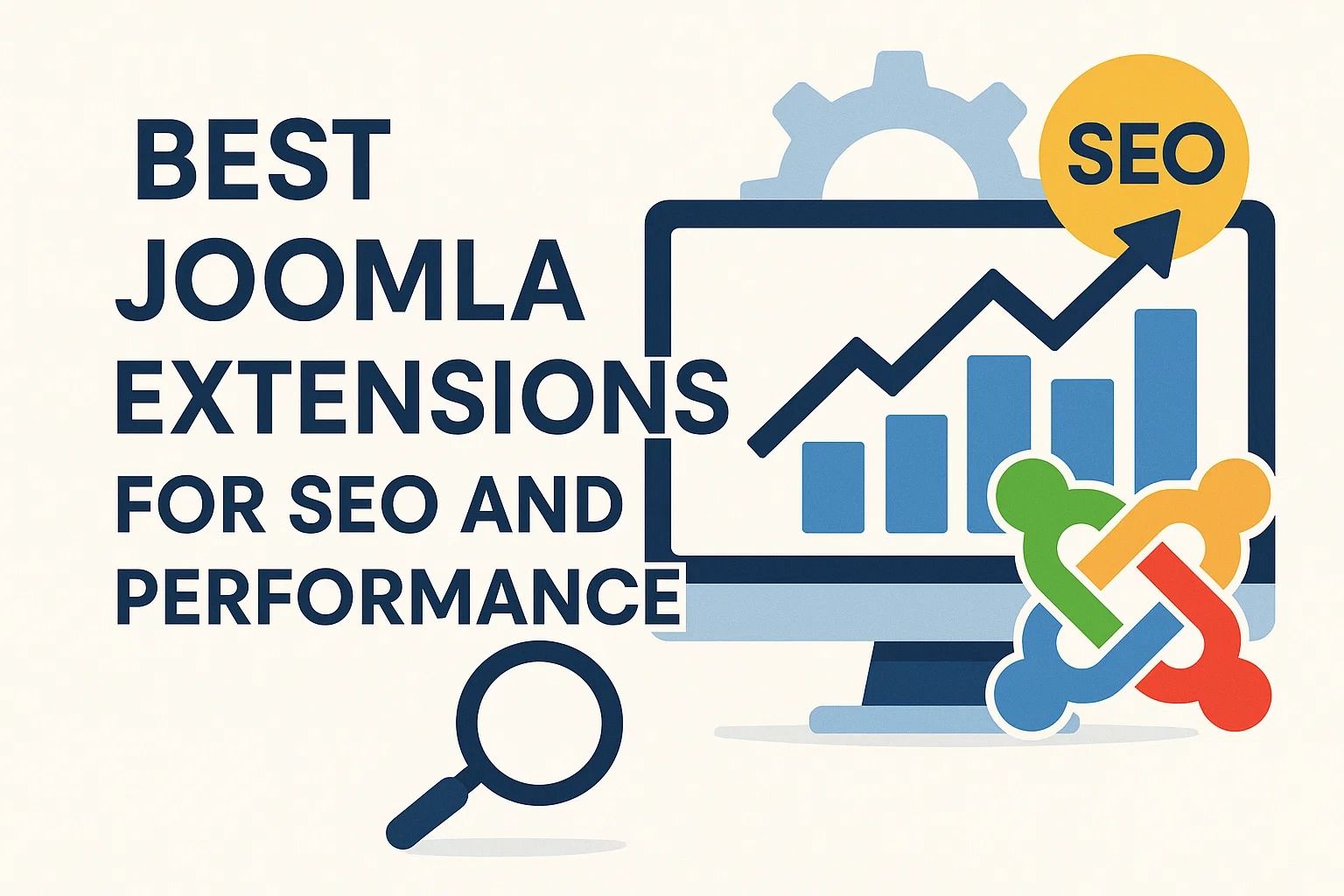
Best Joomla Extensions for SEO and Performance Optimization in 2025
Authentic Limitations of Shared Hosting
Shared hosting has its advantages in affordability and ease of use, but it also presents some serious limitations that affect stability, security, and growth potential of a website. Typically, only newbies are unaware of these things until something goes wrong.
- Performance issues: If another site on the server overuses resources, your site can be very slow.
- Security risks: Even if your account is isolated from others, exploits in one user's site can wreak havoc on other sites on the same server.
- Restricted access: Basically no root-level access; you can’t change anything fundamental.
- No resource guarantees: What you see is not always what you get in terms of RAM and CPU.
- Shared IP: What if your next-door site gets the boot from Google? Your SEO or email blacklist may suffer from the fallout.
How Shared Hosting Can Go Wrong
A few real-life examples make it apparent how fast shared hosting becomes a liability rather than an asset, particularly when handling growth spikes or critical problems.
E-Commerce Site Gone Pop
A tiny online shop flourishes until Black Friday hits. Fast-growing sales result in slow performance, abandoned carts, and tons of ad dollars wasted. All due to the drawbacks of shared hosting.
WordPress Update Disaster
A blogger's attempt to upgrade with a trending WordPress plugin ended up crippling their entire community site. Data gone. Backups apparently out of sight. Tech support slow.
What You Generally Can’t Do with Shared Hosting
Developers and power users enjoy all sorts of fun capabilities when they switch to VPS or dedicated servers. But some things just don’t scale well in a shared environment. Things like:
- Custom server modules (e.g., manually installing NGINX/Redis)
- Server-side caching strategies
- Hosting multiple large databases or punching cron jobs every five minutes
- Building a system that can handle high availability automatically
Caution: There are nice features of shared hosting. Hosting companies tend to oversell shared accounts, meaning your “unlimited sites” plan may dissolve into thin air when your site grows.
Common Misjudgments About Shared Hosting
One common misconception is that all shared hosting providers such as HostGator, Bluehost, and others are slow and insecure. Not true! There are premium hosting services like WP Engine, Cloudways, or SiteGround that run on super-fast hardware and have great WordPress-specific server optimization. Is it worth the price? Depends on your requirements.
Another myth is shared hosting is off-limits for “serious sites.” Most web hosts cater to shared hosting for low-traffic sites, portfolios, landing pages, and blogs—basically, static ones. Dynamic apps, large-scale eCommerce sites, and data-rich platforms really benefit from private server resources and easily scalable configurations.
When the Shared Hosting is Not Enough
Once your project outgrows shared hosting, you’ll sense it. Performance degradation, downtime, and lack of support bubble up as early signals of overcrowding. Upgrading too late means losing on SEO, user confidence, and revenue.
- Your site is subject to regular peaks or seasonal floods of visitors
- Your webpage takes more than 3 seconds to load even after optimizing it
- You need tailored settings (e.g. specific PHP components or server-side caching)
- You’re starting a project where uptime and speed are key (e.g. SaaS, membership page, store)
What to Upgrade: VPS, Cloud, or Dedicated?
When leaving shared hosting, most users proceed to one of these options.
VPS Hosting
A Virtual Private Server provides isolated resources and more control. It’s great for growing businesses, striking a fair compromise between price and performance.
Cloud Hosting
Scalable, agile, and very reliable. Great for high-traffic sites and teams requiring auto-scaling, load distribution, and quick recovery methods.
Dedicated Server
Raw power and full control, but pricy and usually overkill for most websites. It's generally for enterprises or heavily trafficked platforms.
How to Choose a Host That Will Not Let You Down
Choosing the right provider is as important as picking the right plan. Look beyond pricing—think about what really matters.
- Uptime promises: Look for content providers with 99.9% or more uptime backed by SLA.
- Support quality: 24/7 chat is great, but response time and technical expertise is a must.
- Scalability: Pick a host that provides simple migration paths to VPS or cloud plans.
- Performance stack: Modern servers should pack SSD/NVMe storage, HTTP/2 or 3, and caching layers.
Best Practices for Hassle-Free Migration
Moving from shared hosting does not need to be a nightmare. A few tricks will help make your migration as smooth as possible.
- Create a full backup of the site (files + database) before any changes
- Test the site in a staging environment on the new host
- Update DNS settings with a low TTL to cut the downtime
- Keep an eye on logs and analytics post-migration to catch any issues early
Tip: Choose a provider that has free site migration in their offer. A lot of modern VPS and cloud hosts can take care of everything for you.
Takeaways: When Shared Hosting Is the Right (or Wrong) Choice
Shared hosting is a stepping stone for new users, small sites, and non-technical ones. It can be cheap and easy to deal with—but comes with limitations. As soon as your site takes off or demands flexibility, it’s time to think about upgrading to something bigger.
- ✅ Use shared hosting for landing pages, blogs, portfolios, and simple company sites.
- ❌ Don’t use shared hosting for eCommerce, web apps, or anything needing guaranteed uptime.
- ⚙️ Think ahead—pick providers with easy upgrades planned.
- 🔍 Read reviews, benchmarks, and support ratings before placing bets.
The web moves fast. Don’t let a cheap hosting plan become your bottleneck. Know when to start simple—and how to scale smart.
Reasons Joomla Needs SEO and Performance Enhancements
Joomla is a strong and versatile content management system beloved by developers and organizations alike. However, right from the start, Joomla may not provide the best SEO or performance for a website. For your website to thrive, it needs the best extensions that boost search engine rankings and make pages load quicker than other choices.
Joomla does come with nice built-in features, but for the best SEO and performance, it often depends on various add-ons. From managing meta descriptions and cache, storing and serving compressed content, to tracking user activity, Joomla's capabilities in SEO and performance greatly multiply when the right tools are utilized. Even a plain Joomla site can reach spot #1 on Google, given the proper extensions.
Most Important SEO Parts You Must Fix
To enhance your Joomla website's search engine visibility, various aspects need to be considered. First, let's list a few areas that need to be addressed:
- Metadata handling: titles, meta descriptions, Open Graph meta tags, etc.
- Canonical URLs: to prevent duplicate content.
- Structured data: to display rich snippets.
- XML sitemaps: to help crawlers index your content.
- 301 redirects: to preserve link equity.
Some of these features, especially structured data and sitemaps, Joomla provides natively. However, to take full advantage of their capabilities, a perfect set of extensions is needed—especially for web developers who build sites for clients regularly, or for webmasters in charge of large networks of sites.
The Things That Influence Joomla Performance
Website speed isn't just determined by server performance. Joomla performance greatly suffers depending on the way templates are structured, how many modules are added to a page, image formats and sizes, the caching strategy in use, or any external scripts a page might fetch.
- Overusing JavaScript-based modules or extensions
- Excessive use of GZIP, page-level cache, etc.
- Using non-optimized images and non-minified CSS/JavaScript code
- Having a slow hosting provider
Users are now used to having websites load within less than 2 seconds. Google itself is using the website speed as a ranking factor—especially for mobile versions. However, with the right Joomla extensions, you can easily set up aggressive caching, postpone JavaScript handling, or serve gzipped use to make pages load faster.
Top Extensions for Joomla SEO
Joomla's basic SEO features are sometimes not enough, leading serious webmasters to third-party components that enable fine-tuning of URLs, metadata, sitemaps, structured data, etc. Here are the most popular solutions that were used in 2025.
- sh404SEF
As one of the best-known Joomla SEO extensions, sh404SEF supports URL rewriting, meta-information, social sharing, and analytic platforms like Google Analytics. Offers full control of SEF URLs and 301 redirects; it even includes security measures. - OSMap
A powerful sitemap component that generates XML and HTML sitemaps automatically. It supports multilingual websites and integrates well with VirtueMart, K2, etc. - Route66
An elegant, lightweight yet powerful SEO component for automating URL structures and schema markup generation. Additionally, it tracks Google PageSpeed scores. - Google Structured Data by Tassos
Simple JSON-LD schema addition to pages, including articles, products, breadcrumbs, and reviews; with custom overrides and targeting rules.
Joomla-Driven SEO Results
Many productive Joomla websites experience substantial traffic growth after enabling these SEO extensions. E.g., an academic portal using sh404SEF and OSMap recorded an increase of 38% for indexed pages and 21% for organic traffic within only three months.
Success Story: A regional law office adopted Route66 and Structured Data by Tassos. Within 45 days, the firm received rich snippets on Google for 6 out of 10 keywords.
Best Joomla Extensions for Speed
The speed of a website is important for the user experience and ranking. The following extensions help optimize Joomla to make it faster both from the frontend and the server-side:
- JCH Optimize
An all-in-one speed optimization tool that combines and compresses CSS/JS files, defers JavaScript loading, lazy-loads images, inline minification, and basically anything to make Joomla faster. CDN integration is supported; also, all options are configurable. - Cache Cleaner (by Regular Labs)
A backend improvement component that helps clear Joomla cache with a single click, or automatically when an article/module gets saved. Essential for developers and editors alike. - CDN for Joomla
An easy way to connect your website to a Content Delivery Network (Cloudflare, KeyCDN, etc) that will speed up your site by transporting static files closer to the end-user. - Lazy Load for Joomla
A performance optimization implementation for lazy loading images and iframes. This improvement results in faster initial page rendering and increased performance scores.
Speed extensions generally need a lot of fine-tuning, especially on a site with lots of modules and third-party components. Always ensure there are no conflicts and that testing is performed in staging before going live.
Tip: Combine JCH Optimize with a reliable caching plugin and CDN for a much-needed performance boost. Always test your Core Web Vitals after activating.
Top Extensions for Joomla SEO
Joomla's basic SEO features are sometimes not enough, leading serious webmasters to third-party components that enable fine-tuning of URLs, metadata, sitemaps, structured data, etc. Here are the most popular solutions that were used in 2025.
- sh404SEF
As one of the best-known Joomla SEO extensions, sh404SEF supports URL rewriting, meta-information, social sharing, and analytic platforms like Google Analytics. Offers full control of SEF URLs and 301 redirects; it even includes security measures. - OSMap
A powerful sitemap component that generates XML and HTML sitemaps automatically. It supports multilingual websites and integrates well with VirtueMart, K2, etc. - Route66
An elegant, lightweight yet powerful SEO component for automating URL structures and schema markup generation. Additionally, it tracks Google PageSpeed scores. - Google Structured Data by Tassos
Simple JSON-LD schema addition to pages, including articles, products, breadcrumbs, and reviews; with custom overrides and targeting rules.
Joomla-Driven SEO Results
Many productive Joomla websites experience substantial traffic growth after enabling these SEO extensions. E.g., an academic portal using sh404SEF and OSMap recorded an increase of 38% for indexed pages and 21% for organic traffic within only three months.
Success Story: A regional law office adopted Route66 and Structured Data by Tassos. Within 45 days, the firm received rich snippets on Google for 6 out of 10 keywords.
Best Joomla Extensions for Speed
The speed of a website is important for the user experience and ranking. The following extensions help optimize Joomla to make it faster both from the frontend and the server-side:
- JCH Optimize
An all-in-one speed optimization tool that combines and compresses CSS/JS files, defers JavaScript loading, lazy-loads images, inline minification, and basically anything to make Joomla faster. CDN integration is supported; also, all options are configurable. - Cache Cleaner (by Regular Labs)
A backend improvement component that helps clear Joomla cache with a single click, or automatically when an article/module gets saved. Essential for developers and editors alike. - CDN for Joomla
An easy way to connect your website to a Content Delivery Network (Cloudflare, KeyCDN, etc) that will speed up your site by transporting static files closer to the end-user. - Lazy Load for Joomla
A performance optimization implementation for lazy loading images and iframes. This improvement results in faster initial page rendering and increased performance scores.
Speed extensions generally need a lot of fine-tuning, especially on a site with lots of modules and third-party components. Always ensure there are no conflicts and that testing is performed in staging before going live.
Tip: Combine JCH Optimize with a reliable caching plugin and CDN for a much-needed performance boost. Always test your Core Web Vitals after activating.
How to Choose the Right Extensions (Without Regret)
There are thousands of extensions available on Joomla, but having too many or the wrong ones will slow down your site or cause conflicts. Here’s how to choose wisely:
- Stick to extensions with responsive, live development
- Check if they’re compatible with your Joomla version and their last update
- Look through their user reviews and whether their support efforts are hasty
- Test the new ones within a testing environment before going live
Simply put, the best extensions are not the ones with the most features but the ones that are stable, lightweight, and supported.
Common Mistakes to Avoid
With thousands of options available to boost performance, many Joomla site owners unknowingly damage their SEO and speed with redundant or bad extensions. These mistakes are common:
- Using multiple SEO extensions that override each other’s settings
- Depending on outdated caching extension or optimization
- Installing “free” extensions from untrusted sources
- Forgetting to configure extensions after activation
Warning: Not all extensions are good. More extensions don’t mean better results. Every extra plugin adds load time and potential attack surfaces.
Takeaways: Build a Faster, Smarter Joomla Site
Joomla is a good CMS, but it’s struggling to reach today’s SEO and speed benchmarks. The right plugins can help you improve visibility, load times, and user experience—without a line of custom code.
- 🔍 Use SEO tools like sh404SEF, OSMap, and Structured Data by Tassos
- ⚡ Speed up with JCH Optimize, CDN integrations, and Lazy Load
- 🧰 Always test and check for performance gains with Lighthouse or GTmetrix
- 🛡️ Prioritize compatibility, updates, and clean code in every plugin you use
A well-optimized Joomla site needs only a few right tools, not dozens. Focus on quality, measure your impact, and keep performance and SEO in check as you scale.






